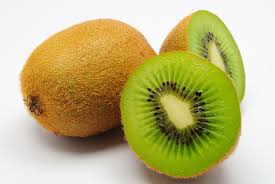
Kiwi (कीवी)
Kiwi, also known as kiwifruit, is a nutrient-rich fruit that offers various health benefits due to its high content of vitamins, minerals, and antioxidants.
Nutritional Values (per 100g):
...
Get Kiwi (कीवी) From Nearby Stores
No Recommendations Available
We couldn't find any stores with Kiwi (कीवी) products at the moment.